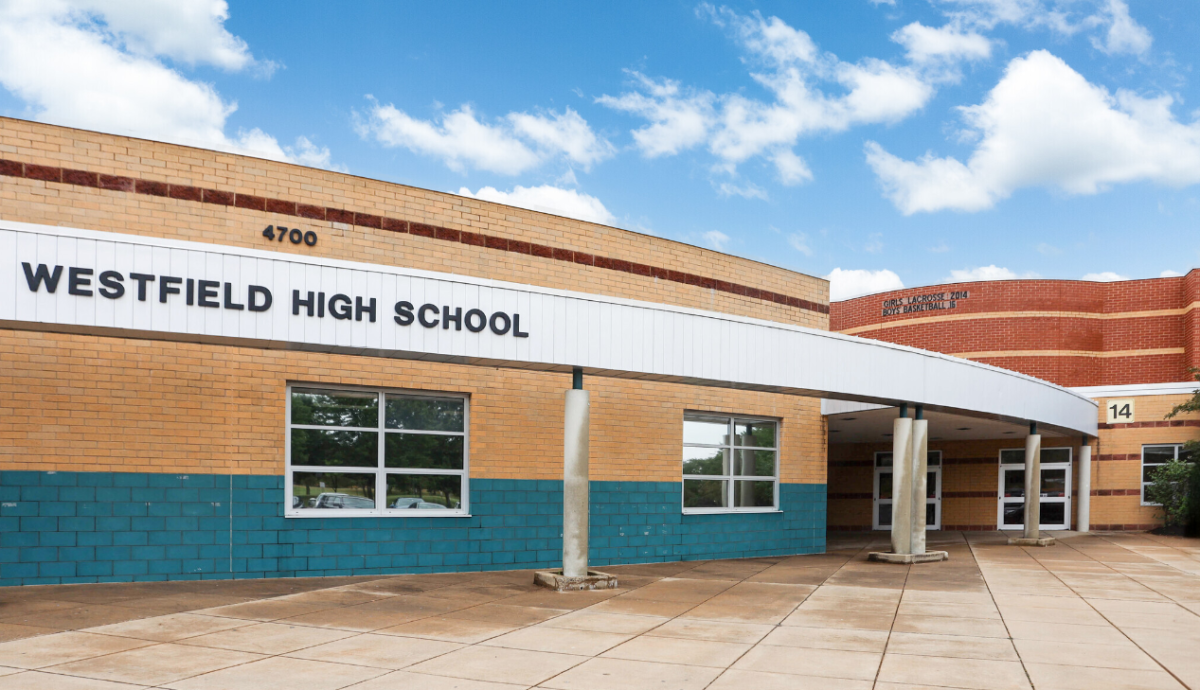As you shove your way through the crowded mess that is C-hall, you get slammed in your side roughly. You emit a heavy sigh and pull out your phone. To your surprise, it’s 8:08– You have two minutes to get to class. The problem is, you are in C-hall, and your class is in upstairs F. Normally, your teacher wouldn’t have minded if you were slightly late.
But things are different now.
Panting and sweaty, you arrive at your class at 8:12 only to find the door is locked shut. Groaning, you make your way to the nearest tardy station. Two more minutes go by. There, you wait for three minutes as other kids are escorted to their rooms and student IDs are collected, and then are finally taken to your class. Another minute. By the time you arrive at class, it’s 8:18– you are roughly six minutes later than you would have been had your teacher just let you in.
This has been a reality for Westfield Students ever since the start of the second week of school. The new tardy policy in Westfield High School declares that doors to all classes will be locked shut the moment the bell rings, and any student that is late will have to go to a tardy station, have their unexcused tardy be put into SIS, and then be escorted to class by a teacher or administrator. This begs the question– Was this really a necessary addition to the school, or just another new annoyance?
The only way to know for sure how students and staff are affected by this policy, is to ask them directly. For this reason, numerous interviews were conducted. Surprisingly, there were mixed responses.
“I find them to be more of a nuisance and an interference with learning than anything else. The amount of time it takes to get to class with these stations increases the time to get to class and has really not helped our attendance when it comes to students.” Joshua Bowman, 12, stated. “Also, as a student with IBS, not being able to use the restroom in the first 10 minutes can put some people in a dangerous position.”
Aliyah Khaliqi, a senior at Westfield High School, alongside Adam Azmi, a sophomore, held a more neutral opinion.
“The tardy stations are okay, but it kinda sucks to get escorted to class. I feel like they’re doing too much with the escorting, you know? Just wasting students’ and teachers’ time, but I don’t know how valuable no interruptions in the first 10 minutes is to teachers.” Khaliqi, 12 remarked. “I’m fairly neutral on the tardy stations I think, cause I can see how it would benefit teachers, but from my perspective it’s much simpler to just walk in.”
“It’s more convenient than going all the way to your subschool.” Azmi, 10, noted. “The only bad thing is that when you put your stuff down after you go to class and go out, if you don’t get in on time, you still need to go to the tardy station.”
Mrs. Price, an Administrator, contributed her data on the policy as well. “We have done tardy stations for the past 1 ½ weeks. Since we started, we have seen a significant difference in the amount of students in the hallway after the bell. Teachers have been doing an amazing job manning the tardy stations and we are so appreciative of their efforts. Students who have started to accumulate unexcused tardies will start to receive interventions and consequences. We believe in the power of students being in their classrooms on time and having access to the learning environment. We will continue to prioritize attendance to ensure all of our students have access to learning.” Kaitlyn Price, Administrator
Based on the data and interviews, it seems that tardy stations definitely seem to be helping some as noted by Administration, but they are still not the most effective solution in the eyes of the student body. Although the new policy enforces the rules, and decreases the amount of students out in the hall when they’re supposed to be in class, it also causes students who are genuinely trying their best to be on time and use their given privileges responsibly a fair amount of trouble. With or without the policy, students will continue to be late if they really want to be, and students who want to be early will also continue what they’re doing.
“Bottom line is, students who don’t want to go to class won’t and the school can’t prevent it.” Bowman, 12
WESTFIELD HIGH SCHOOL: TARDY POLICY
2
More to Discover
About the Contributor
Alina Rashid, Editor
Avid writer, artist, and punk-rock enthusiast. My name’s Alina Rashid, and I’m very excited to be one of your editors this year.





